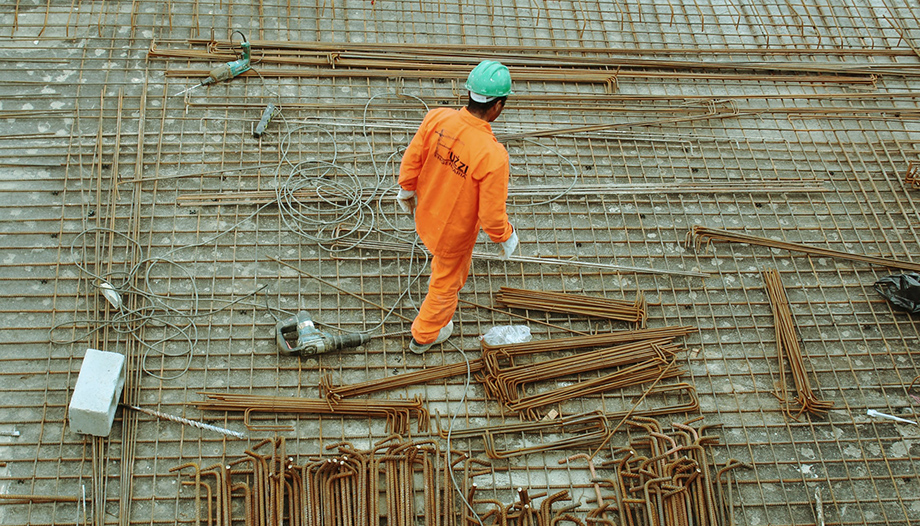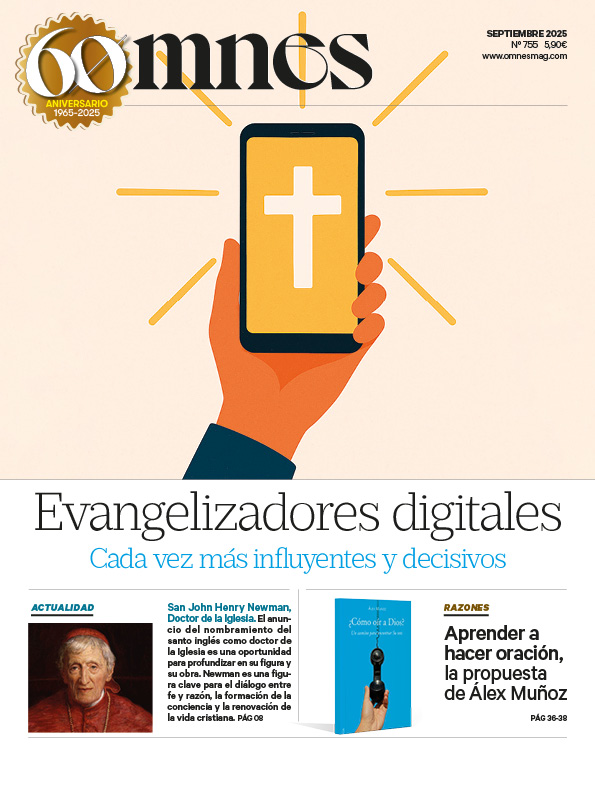The celebration of May 1st, Workers' Day, highlights the need to continue working for the universalization of decent work that respects the rights of all people. On this occasion, the organizations that promote the platform Church for Decent Work (Caritas, CONFER, HOAC, Justice and Peace, YCW and YCW) and many bishops have dedicated their weekly letters to reflect on work and its main shortcomings.
Occupational accidents
"On this feast of labor, the Church wants us to become aware of our responsibilities in the world of work", these words, from the weekly letter of the Bishop of Cordoba, Msgr. Demetrio Fernández, show the Church's concern about the precariousness of employment suffered by thousands of people in our country.
It is no coincidence that the entities promoting the platform Church for Decent Work have recalled, on the occasion of May Day "in the year 2022 a total of 1,196,425 occupational accidents occurred in Spain, of which 826 were fatal". A "worrying" figure, as the Bishop of Cordoba emphasizes.
In this regard, the entities that make up the platform are Church for Decent Work have expressed their support for the creation of "solidarity movements that defend health and safety at work together with other people and groups; to strengthen associations to reinforce dialogue with the Administrations; and to support the work carried out by trade unions to maximize prevention and demand compliance with labor regulations".
The person at the center
The note issued by the platform Church for Decent Work points out that "work is for life" and denounces that the "economic logic of this system separates work from the person, strips the person of his or her essence and creative capacity and of his or her very being; it builds precariousness, insecurity and subjects the worker to long working hours, to high production rates and deprives him or her of a well-deserved rest". "When the person is dislocated from the center, selfishness appears in all directions. Exploitation of the person, abuse in the schedules and in the production, precariousness in the working conditions. And in the sense of the worker, absenteeism, lack of interest, lack of responsibility". Msgr. Demetrio Fernandez in relation to this lack of humanity in labor relations.
The drama of unemployment
For its part, the archbishop of Toledo has fixed his gaze on the drama of unemployment, which affects some 3 million people in Spain. For Msgr. Cerro Chaves, "when there is no work, the panorama of the present and the future darkens. Without work, when unemployment is installed in society, in families, in young people, it affects physical, psychological and spiritual health. Without work, it is easy for people to fall ill and many find it difficult to find the meaning of life".
Work, a means of sanctity
Both the Archbishop of Toledo and the Archbishop of Cordoba emphasize in their letters how work is a means of holiness for ordinary Christians.
"With the proper work a person can take care of his own needs and those of his family, he can project his life and take care of his vital needs, he can make a better world", says Msgr. Fernandez who encourages us to follow the example of "Jesus the worker with his father Joseph the worker, [so that] each one of us contributes the best of ourselves to build a new world, also a new world in labor relations".
Thus, Cerro Chaves concludes his letter with the following reminder Laborem Exercens John Paul II and underlining his prayer that "the mission that through work one's own dignity is dignified is fulfilled, doing good and knowing as Christians that work is also a means of holiness.







